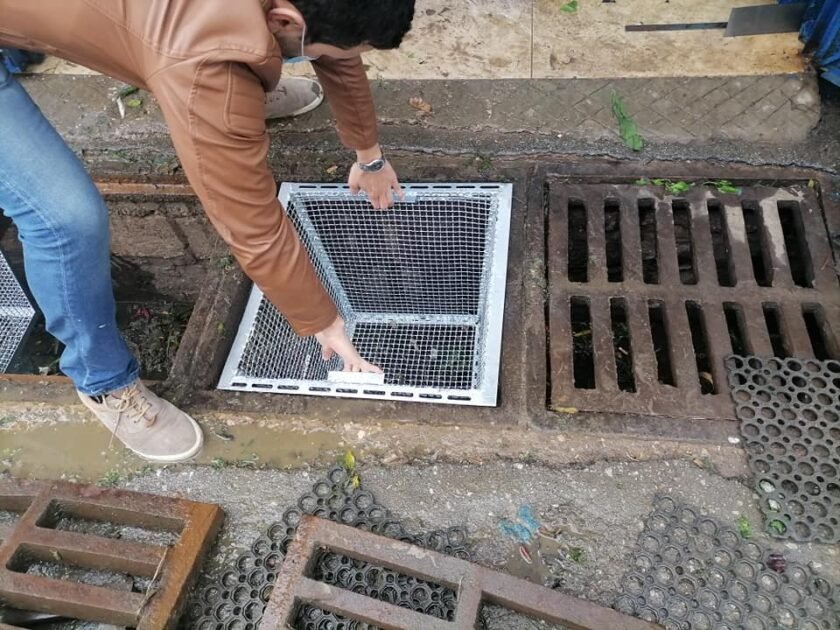In 2024, the National Sanitation Utility (O.N.A.S.) processed approximately 295 million cubic meters of treated water through its stations. Of this impressive quantity, 64.9 million cubic meters were reused for direct (18.66 million cubic meters) and indirect (46.31 million cubic meters) uses.
Jamal Eddine Cherif, director of the sludge recovery department at the agency, stated this in a statement to TAP based on statistics from the office’s technical services. Cherif noted that 72.5 percent of the treated water, or 195.46 million cubic meters, met the required quality specifications. However, 27.5 percent of the treated water was found to be noncompliant. Reasons for this include the instability of treated water quality in some sewage treatment plants, infrastructure obsolescence, exceeding maximum capacity, and discharging contaminated industrial water into sewage treatment networks.
Treated water is used for several key purposes in Tunisia, including irrigating agricultural land, soccer fields, and green spaces, as well as for the aquifer recharge project in Korba in the Nabeul Governorate.
Specifically, 11.12 million cubic meters were allocated to irrigate 29 areas, covering 7,590 hectares. This quantity, which is primarily used for cultivating fodder and fruit trees, accounts for 17.13% of the total reused treated water in 2024. Treated water is used for several purposes in Tunisia, including irrigating agricultural land, soccer fields, green spaces, and the aquifer recharge project in Korba, Nabeul Governorate.
The treated water was also used to irrigate nine golf courses covering a total area of approximately 925 hectares. The estimated water consumption was 6.94 million cubic meters, equivalent to 10.7 percent of the total reused volume. Additionally, 590,000 cubic meters of recycled water were used to irrigate green spaces, accounting for one percent of the total amount used nationwide.
A portion of this water was used strategically to recharge aquifers, particularly in the Korba project in Nabeul. The official noted that ONAS is working to rehabilitate and develop treatment plants that adopt national and international standards. According to the strategic plan for modernizing the plants, the goal is to have 80 percent of treated water comply with standards within the next few years. This highlights ONAS’s commitment to managing water resources more sustainably and efficiently.
TunisianMonitorOnline (NejiMed)




